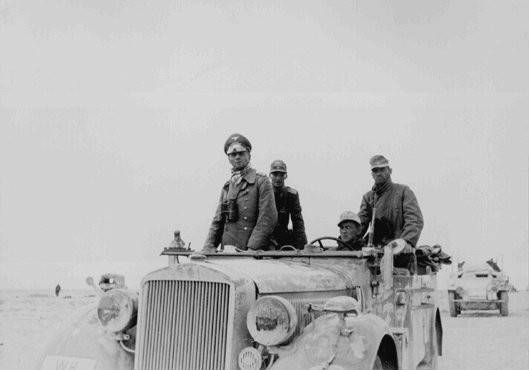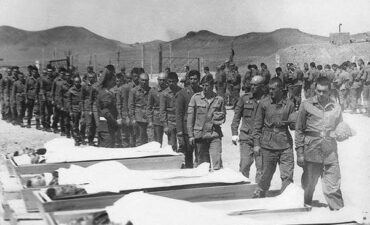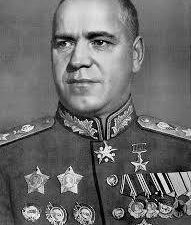How did Rommel view Montgomery as a military leader?
How did Rommel view Montgomery as a military leader? Erwin Rommel, the famed German Field Marshal of World War II, had a grudging respect for his British counterpart, General Bernard Montgomery, even though the two were fierce adversaries during the North African Campaign.
Rommel’s Perspective on Montgomery:
Acknowledgement of Montgomery’s Tactical Skill:
Rommel recognized Montgomery’s ability to carefully plan and execute operations. Unlike some of Montgomery’s predecessors, Montgomery emphasized preparation and did not rush into battle without ensuring that his forces had clear advantages in logistics and firepower. This methodical approach was something Rommel had to contend with during pivotal battles like El Alamein.
Respect for Leadership:
Montgomery was able to significantly boost the morale of the British Eighth Army upon taking command in 1942. Rommel observed that Montgomery’s leadership fostered a more disciplined and confident opponent, which posed a greater challenge to the Afrika Korps.
Frustration with Montgomery’s Resources:
Rommel often lamented that he was at a significant disadvantage in terms of resources and reinforcements compared to Montgomery. The vast material superiority of the Allies, orchestrated under Montgomery’s command, was a critical factor in turning the tide against the Axis forces.
Admiration Mixed with Critique:
While Rommel respected Montgomery’s cautious and calculated style, he also viewed it as overly conservative at times. Rommel’s own style was more daring and adaptive, favoring rapid maneuvers and taking calculated risks.
Key Battle Interaction – Second Battle of El Alamein:
During the Second Battle of El Alamein (October-November 1942), Montgomery’s meticulous planning and overwhelming firepower successfully broke through Rommel’s defensive lines. This battle marked a turning point in the North African Campaign and solidified Montgomery’s reputation as a capable military leader.
In his memoirs and correspondences, Rommel showed respect for Montgomery as a worthy adversary but also highlighted the constraints he himself faced, particularly in terms of supply and air support. Despite these challenges, he admired the strategic discipline that Montgomery brought to the battlefield.
In summary, Rommel saw Montgomery as a formidable and competent general, whose strengths lay in preparation and resource management, contrasting with Rommel’s more instinctive and dynamic approach to warfare.









